
In Shonai lives "the King of Taste," who loves natural products and
delicacies of the season and makes the most of the ingredients.

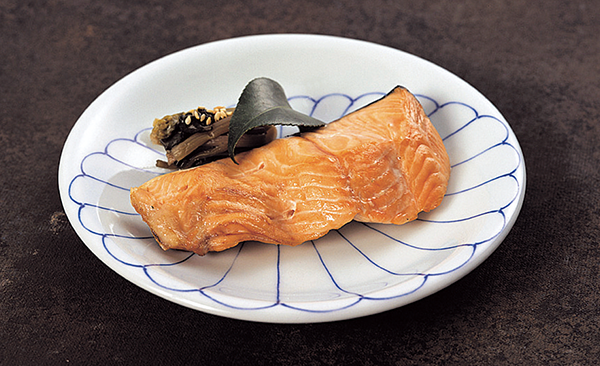
Cherry salmon has been a favorite fish in Yamagata for so long that it has been designated as the prefecture’s official fish.
As its name suggests, its meat is brightly colored and has a thickness that makes it an exceptional choice for both grilling and stewing.
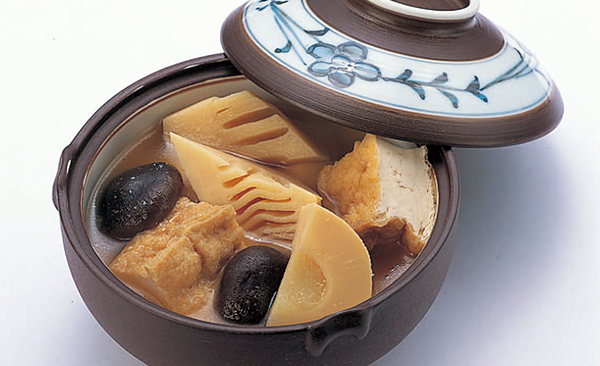
Fresh seasonal Moso bamboo shoots are simmered with deep-fried tofu and shiitake mushrooms in a miso paste and sake lees-based soup. This is a traditional local dish in the Shonai district.

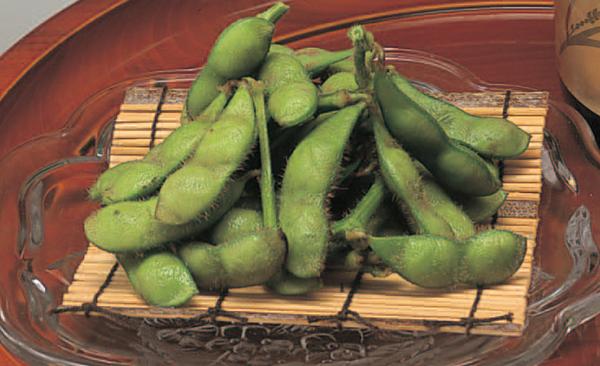
"Dadacha" means an old chap in the local dialect. It is said that these beans do not grow anywhere but in this district. They are famous nationwide as the king of edamame beans.
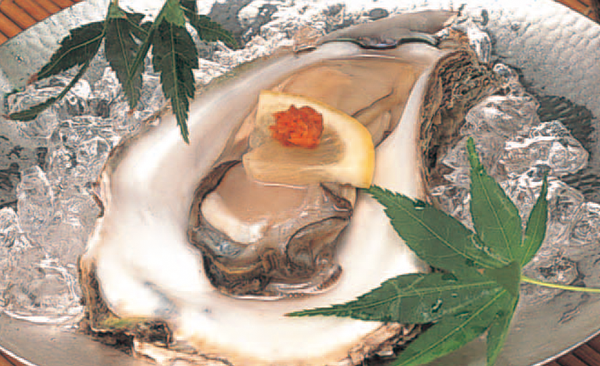
Wild Iwagaki oysters harvested in the Shonai shore are known nationwide as a representative summer delicacy. They are highly nutritious and said to help beat the summer heat, and are a signature summer food.
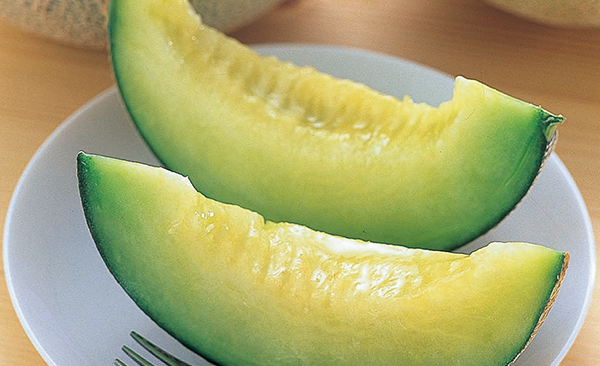
Raised in the Shonai sakyu (sand dune) with groundwater of good quality and well-drained soil, the Shonai sakyu melon boasts high sugar content and a rich aroma. It is one of the finest melons in Japan.
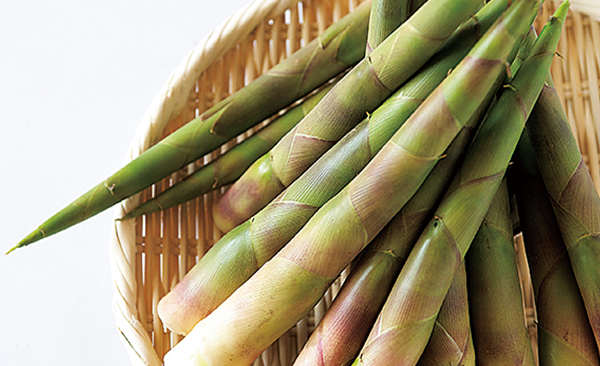
The signature taste of early summer in Shonai. Generally speaking, the bamboo is a variety known as “nemagaridake”, and the shoots grown in Shonai are characterized by their sweetness and minimal bitterness. You can also enjoy them prepared as tempura.

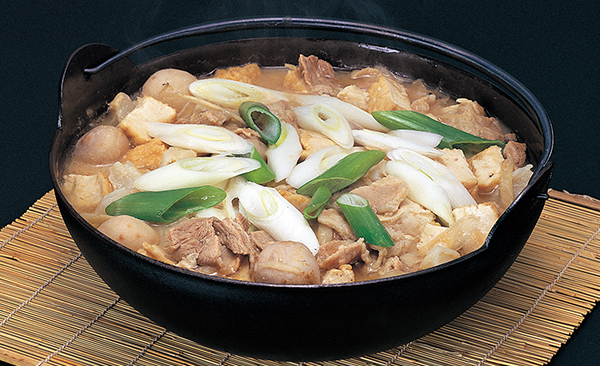
Imoni is known nationwide as a local cuisine of Yamagata. In the Shonai district, Imoni ordinarily contains pork with miso flavor, and, in the inland area, it contains beef with soy flavor.
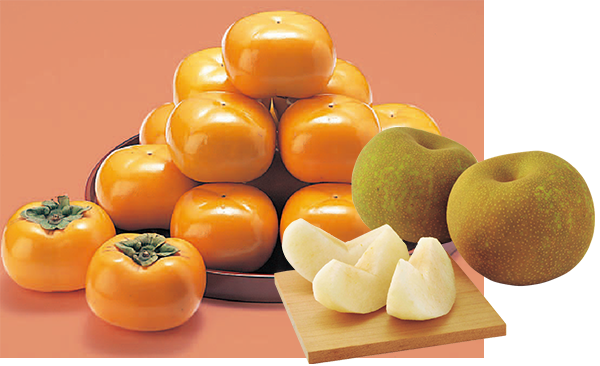
Shonai persimmons, a seedless variety developed through selective breeding in the final decade of the Meiji era (1868-1912), and lush Kariya pears, harvested mainly in Sakata City’s Kariya district, are two autumn fruits that are representative of Shonai.

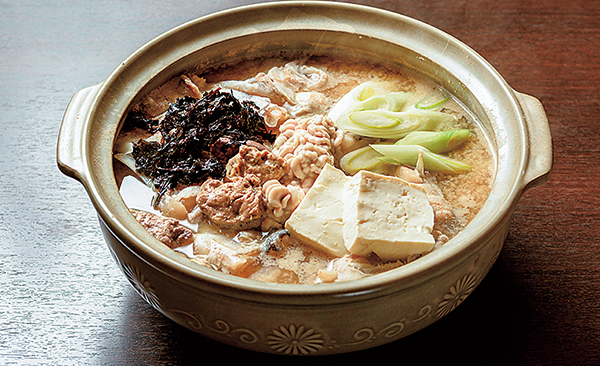
Winter cold caught in the rough waters of the frigidly cold Japan Sea in winter is chopped up into hearty cuts and simmered in a miso paste-based soup. Fresh fatty liver produces a particularly wonderful taste. This is one of the representative winter dishes in Shonai.

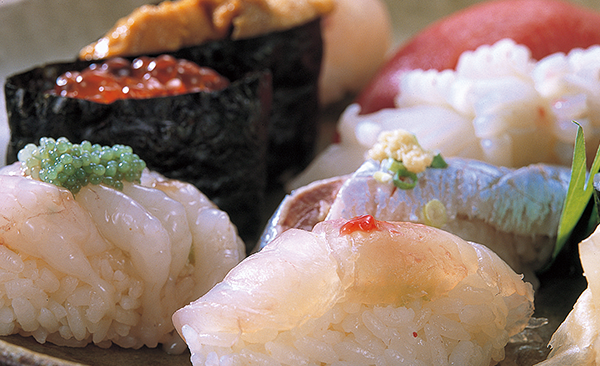
You can eat your fill of superb flavors unique to Shonai when indulging in sushi made with rice grown in Shonai and fresh seafood from the Japan Sea.
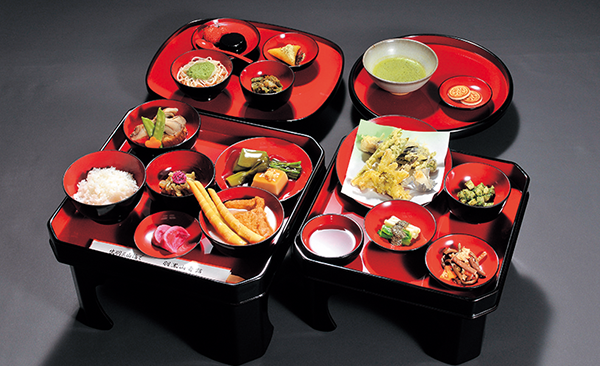
Vegetarian dishes are prepared using seasonal wild vegetables such as Gassandake (bamboo shoots) harvested from the skirts of the three sacred mountains known as Dewa Sanzan.